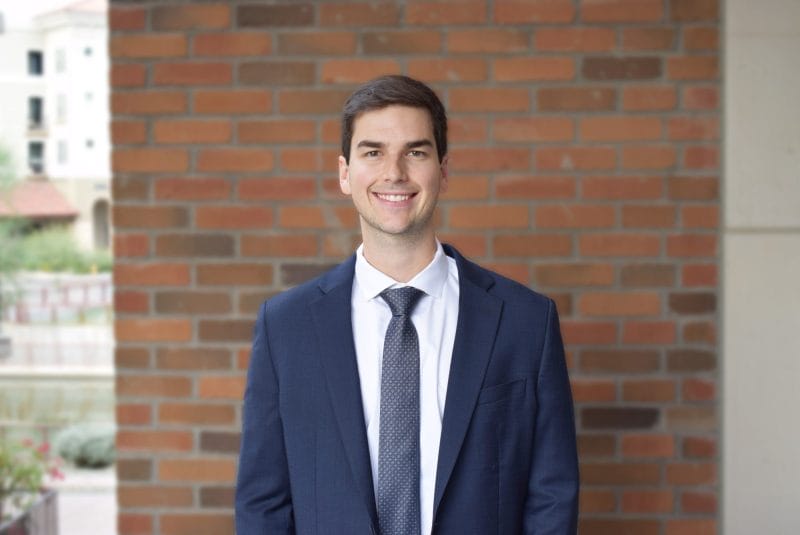By Vandana Ravikumar | Cronkite News
The Supreme Court on Monday let stand lower court rulings that said Maricopa County is responsible for controversial policing practices of the Maricopa County Sheriff’s Department under former Sheriff Joe Arpaio.
It’s the second time this year the high court has refused to hear an appeal from the county in the racial profiling case, after rejecting a similar claim in April. That means a 2018 ruling by the 9th U.S. Circuit Court of Appeals – which itself has rebuffed the county on four different occasions – remains in place.
That ruling said that court-ordered remedies to the sheriff’s department practice of “routinely” targeting Latino drivers “for pretextual traffic stops aimed at detecting violations of federal immigration law” were appropriate. And it said the county should be held responsible for the actions of Arpaio and his deputies.

In its latest appeal, the county argued that the lower courts’ rulings were a “massive usurpation of law enforcement managerial functions, with costs likely running into the millions of dollars.” The remedies imposed by the court also handcuffed Arpaio’s successors “in the areas of employee management, internal investigations, and discipline almost to the vanishing point.”
Those arguments were rejected both by attorneys for Latino residents of Arizona who brought the suit and by the U.S. solicitor general, who said the lower court rulings were well-reasoned and urged the Supreme Court to deny the case.
Calls to the Maricopa County Attorney’s Office, the sheriff’s office and county supervisors were not immediately returned Monday. Requests for comment from the Justice Department, the plaintiffs’ attorneys and from Latino advocacy and civil rights groups were also not returned.
The case began in 2008 when Manuel de Jesus Ortega Melendres, an Arizona citizen, and others filed suit claiming they were racially profiled, stopped by sheriff’s deputies merely because of their race.
In 2013, U.S. District Judge G. Murray Snow ordered Arpaio and his officers to stop detaining people based only on their race, saying that the department could only hold people if they were suspected of committing a crime.
“In the absence of additional facts that would provide reasonable suspicion that a person committed a federal criminal offense either in entering or staying in this country, it is not a violation of federal criminal law to be in this country without authorization in and of itself,” Snow wrote then.
Despite that order, however, the court found that the department continued the practice of racially profiling Latinos, leading to charges of criminal contempt of court against Arpaio and his deputies. In finding Arpaio guilty of contempt, U.S. District Judge Susan Bolton said in July 2017 that there were multiple instances in which Arpaio said he intended to ignore the court ruling and continue using the same enforcement tactics as before.
“Not only did defendant (Arpaio) abdicate responsibility, he announced to the world and to his subordinates that he was going to continue business as usual no matter who said otherwise,” Bolton wrote. “The evidence shows a flagrant disregard for Judge Snow’s order.”
Arpaio was voted out of office in 2016, before Bolton’s finding. But Arpaio, who was an early supporter of Donald Trump’s presidential bid, was quickly issued a pardon of his contempt conviction by Trump, who said the 85-year-old former sheriff, “after more than 50 years of admirable service to our Nation, he is worthy candidate for a Presidential pardon.”
As Arpaio’s lawsuits made their way through courts, the county attempted to distance itself from the case. But Circuit Judge Paul Watford wrote in May 2018 that the county cannot wash its hands of Arpaio’s actions because “when Arpaio adopted the racially discriminatory traffic-stop policies at issue, he acted as a final policymaker for the County.”
Watford also wrote than that lower courts did not overreach by ordering changes at the department after finding “repeated bad-faith violations” of court orders intended to stop racial profiling.
Though he was pardoned, Arpaio is still attempting to get his conviction vacated







